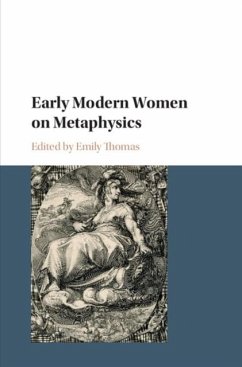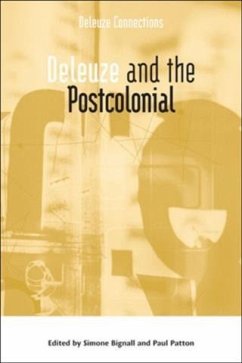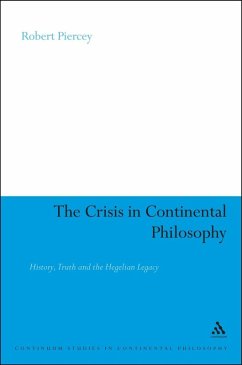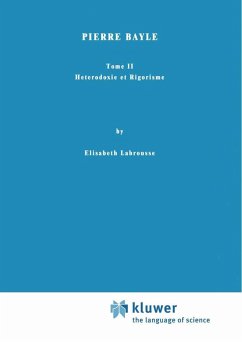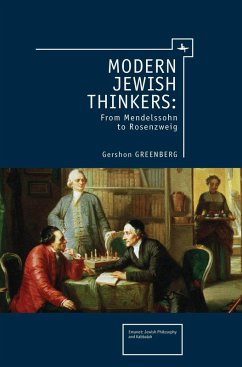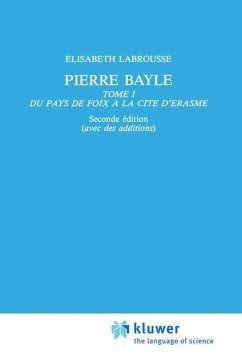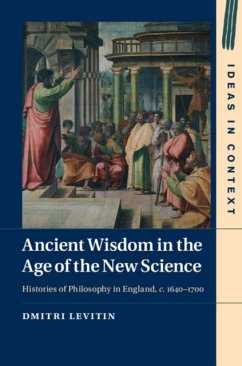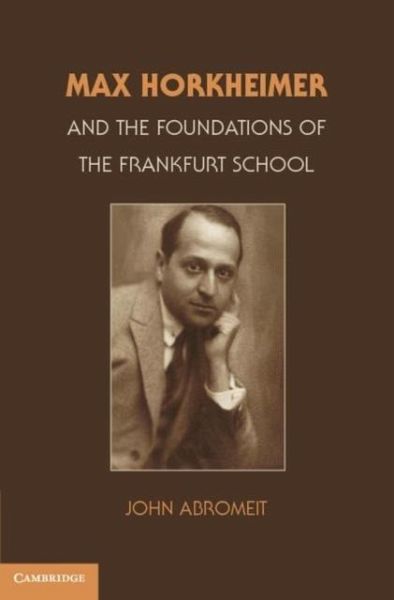
Max Horkheimer and the Foundations of the Frankfurt School (eBook, PDF)
Versandkostenfrei!
Sofort per Download lieferbar
27,95 €
inkl. MwSt.
Weitere Ausgaben:

PAYBACK Punkte
14 °P sammeln!
This book is the first comprehensive intellectual biography of Max Horkheimer during the early and middle phases of his life (1895-1941). Drawing on unexamined new sources, John Abromeit describes the critical details of Horkheimer's intellectual development. This study recovers and reconstructs the model of early Critical Theory that guided the work of the Institute for Social Research in the 1930s. Horkheimer is remembered primarily as the co-author of Dialectic of Enlightenment, which he wrote with Theodor W. Adorno in the early 1940s. But few people realize that Horkheimer and Adorno did n...
This book is the first comprehensive intellectual biography of Max Horkheimer during the early and middle phases of his life (1895-1941). Drawing on unexamined new sources, John Abromeit describes the critical details of Horkheimer's intellectual development. This study recovers and reconstructs the model of early Critical Theory that guided the work of the Institute for Social Research in the 1930s. Horkheimer is remembered primarily as the co-author of Dialectic of Enlightenment, which he wrote with Theodor W. Adorno in the early 1940s. But few people realize that Horkheimer and Adorno did not begin working together seriously until the late 1930s or that the model of Critical Theory developed by Horkheimer and Erich Fromm in the late 1920s and early 1930s differs in crucial ways from Dialectic of Enlightenment. Abromeit highlights the ways in which Horkheimer's early Critical Theory remains relevant to contemporary theoretical discussions in a wide variety of fields.
Dieser Download kann aus rechtlichen Gründen nur mit Rechnungsadresse in A, B, BG, CY, CZ, D, DK, EW, E, FIN, F, GR, HR, H, IRL, I, LT, L, LR, M, NL, PL, P, R, S, SLO, SK ausgeliefert werden.





